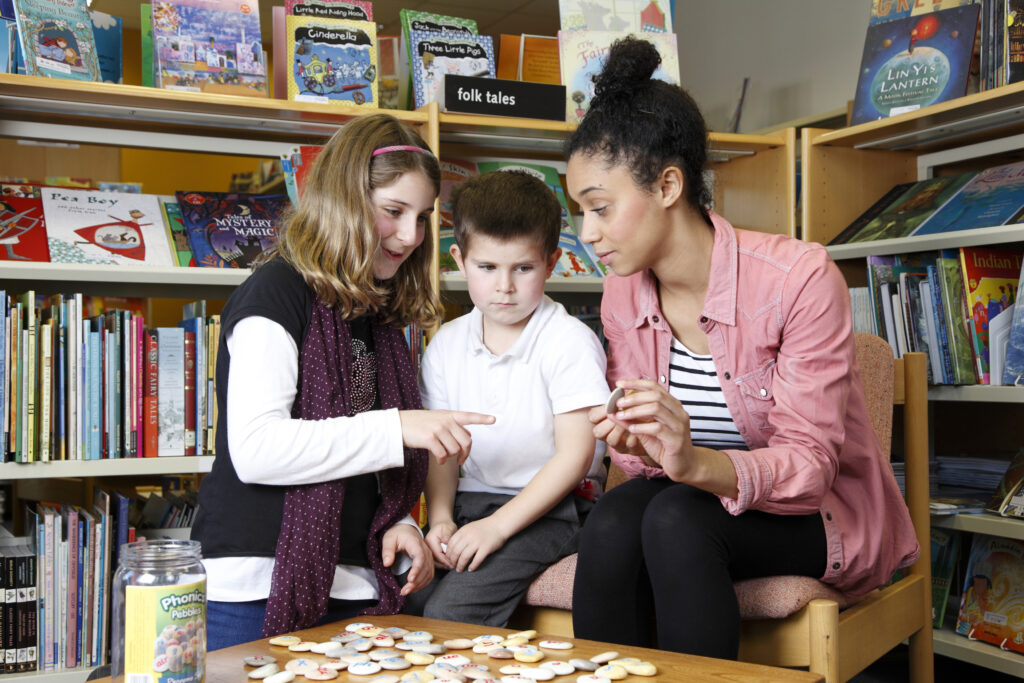By: Scarlett Murphy, Institute of Education (IoE), s.l.e.murphy@reading.ac.uk

Context
Throughout my experience working with postgraduate trainee teachers, I have observed how important it is for trainees to feel empowered to advocate for themselves, particularly those who are parents or carers, those managing anxiety and depression, and those with additional needs like autism or ADHD (attention deficit hyperactivity disorder). Balancing the demands of placement with personal responsibilities can be overwhelming, but I believe that taking ownership of our own success and finding ways to do this once qualified is critical, especially considering the recent guidance surrounding an increase in students with disabilities.
One of the key challenges I have seen is the pressure that comes with meeting the Teachers’ Standards, while managing additional personal or learning needs. To address this, I worked closely with a group of trainee teachers who identified themselves as needing extra support. I collaborated with these students to develop additional resources to help them manage their time and workload, communicate effectively with their mentors, and build the confidence to advocate for themselves during their placements.
Implementation
The group I worked with included trainees from diverse backgrounds, many of whom were balancing the demands of their training with caregiving responsibilities, mental health challenges, or neurodiverse conditions like autism and ADHD. Together, we created practical resources such as letter templates, draft timetables, and guidance on how to initiate open discussions with mentors about their needs. I found that giving them tools to better communicate with their mentors had a huge impact, helping them establish stronger working relationships and ultimately supporting their ability to meet the required standards without feeling overwhelmed.
Beyond developing communication tools, I also encouraged these trainees to review the University’s placement preparation materials. Their feedback was eye-opening, and they helped me see how we could adjust the content to be more relevant to their needs. They also suggested adding new sessions to the program that would address specific barriers to their learning, such as managing workload when living with ADHD or balancing placement duties with family care. This collaboration not only supported the individual trainees but also created a richer learning environment for everyone involved. It was a clear example of how working collaboratively and sharing best practices can benefit the entire group.
Reflections
One of the most rewarding aspects of this work was seeing how it gave these students a voice. Their ideas and experiences were crucial in shaping the resources we created. They were not just recipients of support—they were active contributors to the process, and this empowered them further. My next step is to share these resources with their mentors, helping to bridge the gap between trainees and schools. This step will be essential in creating a more supportive and inclusive placement experience.
In addition to supporting the students directly, these resources also have the potential to reduce the workload of academic tutors by providing consistent, ready-made tools that can be easily adapted to different trainees’ needs. Working closely with our Disability Advisory Service, the goal is to ensure that these resources complement the existing support provided, making placements more manageable and successful for trainees with additional needs. The ongoing aim is not only to support trainee teachers in their training year but give them the skills to use in their career after graduation.
Through this process, I have also come to realise that far more students have additional needs or unique circumstances than I initially thought. This aligns with current guidance on academic tutoring, which emphasises the importance of making adjustments to support all students and those who have not yet received a formal diagnosis.
Next steps
The next steps to the project are to create a booklet with all the resources and university support links for all trainee teachers and share them more broadly with all schools where our students are on placement.
By empowering postgraduate trainee teachers to advocate for themselves and by creating a supportive framework, I am confident that we can ensure more trainees thrive during their placements and beyond. This work is about fostering a culture of self-advocacy, collaboration, and inclusion—values that are essential for the success of all future teachers.